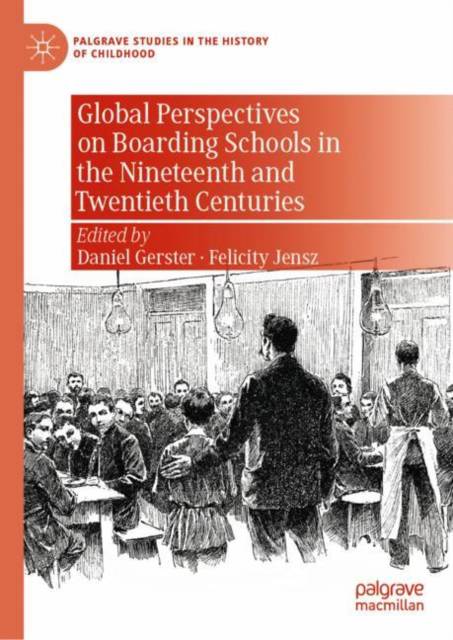
- Afhalen na 1 uur in een winkel met voorraad
- Gratis thuislevering in België
- Ruim aanbod met 7 miljoen producten
- Afhalen na 1 uur in een winkel met voorraad
- Gratis thuislevering in België
- Ruim aanbod met 7 miljoen producten
Global Perspectives on Boarding Schools in the Nineteenth and Twentieth Centuries
Omschrijving
In the nineteenth and twentieth centuries, thousands of pupils attended boarding schools in various places across the globe. Their experiences were vastly different, yet they all had in common that they were separated from their families and childhood friends for a period of time in order to sleep, eat, learn and move within the limited spatial sites of the boarding school. This book frames these 'boarding schools' as a global and transcultural phenomenon that is part of larger political and social developments of European imperialism, the Cold War, and independence movements. Drawing together case studies from colonial South Africa, colonial India, Dutch Indonesia, early twentieth-century Nigeria, Fascist Spain, Ghana, Nazi Germany, nineteenth-century Ireland, North America and the Soviet Union, this edited collection examines the ways in which boarding schools extracted pupils from their original social background in order to train, mold and shape them so that they could fit intothe perceived position in broader society. The book makes the broader argument that framing boarding schools as a global phenomenon is imperative for a deepened understanding of the global and transnational networks that linked people as well as ideas and practices of education and childhood in the nineteenth and twentieth centuries.
Specificaties
Betrokkenen
- Uitgeverij:
Inhoud
- Aantal bladzijden:
- 369
- Taal:
- Engels
- Reeks:
Eigenschappen
- Productcode (EAN):
- 9783030990404
- Verschijningsdatum:
- 15/11/2022
- Uitvoering:
- Hardcover
- Formaat:
- Genaaid
- Afmetingen:
- 148 mm x 210 mm
- Gewicht:
- 616 g

Alleen bij Standaard Boekhandel
Beoordelingen
We publiceren alleen reviews die voldoen aan de voorwaarden voor reviews. Bekijk onze voorwaarden voor reviews.











